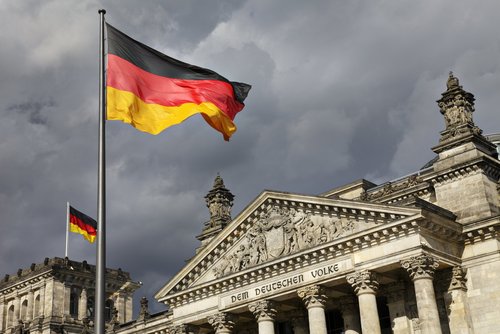The organization “Stop TTIP” has collected more than tree million signatures in Europe. However, the criticism comes mainly from German-speaking countries – and the objections are often the result of Euroscepticism and not necessarily directed against TTIP.

A German phenomenon?
The spring wave of the Eurobarometer survey 2015 showed: The critics against TTIP come primarily from the German-speaking countries. Only 28 percent of the respondents EU-wide are against TTIP. At the same time, the number is much higher in Germany (51 percent), Luxembourg (49 percent) and Austria (67 percent). In the EU as a whole 56 percent of the respondents support the free trade agreement (FTA).
However, it is not clear whether the critics' scepticism is actually directed against TTIP. The survey shows that especially people who reject the globalisation process are those who are against TTIP. According to the survey, they are also primarily people who do not trust the EU as a whole. Clearly, these numbers are only averages. Nevertheless, they suggest that the scepticism against TTIP has often been overrated – as suggested by recent demonstrations and signature lists. Moreover, it is undisputable that TTIP should bring about substantial improvements compared to previous FTAs – for instance in the area of investor protection. Therefore, nobody benefits from jeopardizing these opportunities because of globalization fear or Euroscepticism.
More on the topic
![[Translate to English:] Das Gebäude des Weißen Hauses in Washington, D.C. in den Vereinigten Staaten von Amerika. [Translate to English:] Das Gebäude des Weißen Hauses in Washington, D.C. in den Vereinigten Staaten von Amerika.](/fileadmin/_processed_/c/1/csm_GettyImages-2161499385_White_House_Editorial_884306add8.jpg)
Trump or Harris or ...? What Europe must prepare for
A few months before the presidential election in the USA, Donald Trump has a good chance of being re-elected. On the Democratic side, the incumbent president has withdrawn his candidacy after a long period of hesitation, while Vice President Kamala Harris is ...
IW
Compendium 5.5: CO2 Regulation of Road Transport in Europe
With the Compendium CO2 Regulation in Europe, the IW has been providing the interested public with a comprehensive collection of data on the development of CO2 emissions from passenger car traffic in the European Union, as well as on the applicable regulatory ...
IW